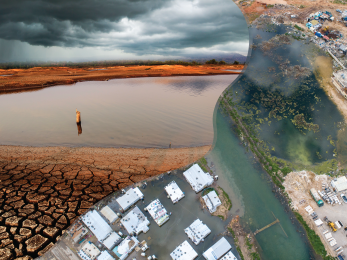A Roadmap for Energy Access in Displacement Settings: Uganda

The Roadmaps for Energy Access in Displacement Settings (READS) Programme, implemented by the GPA Coordination Unit at UNITAR and funded by the IKEA Foundation, aims to identify viable implementation opportunities to increase sustainable energy in displacement settings. Over a two-year programme duration, the READS Programme will focus on ten countries (subject to change) across three regions:
- Year 1: East Africa (Rwanda, Uganda, Kenya)
- Year 2: Sub-Saharan Africa (Mali, Nigeria, Mauritania, Ethiopia) and Middle East (Jordan, Lebanon, Turkey)
In Year 1, Mercy Corps, a member of the GPA Steering Committee, partnered with the GPA to develop Uganda's Roadmap for Energy Access in Displacement Settings. This report presents the status of sustainable energy access for refugee and host community households, businesses and community facilities in displacement settings in Uganda. It provides an overview of the stakeholders working towards SDG 7, and highlights opportunities for high-impact projects to support increased access to sustainable energy for displaced people and host communities.
The findings of the report show that Uganda offers great potential to improve access to sustainable energy in displacement settings. The country offers a progressive and welcoming environment towards both refugees and sustainable energy, boosted by the Sustainable Energy Response Plan (SERP), and a wide range of organisations work in displacement settings on energy-focused projects. Whilst many clean cooking and electricity access projects are relatively small and locally focused, they show promise for replication and wider scale-up across the country.
This report also benefits from the the READS Uganda workshop, held in Arua on 1 March 2023, with the support of Mercy Corps. During the workshop participants discussed how entrepreneurs can use electricity to grow their businesses, the need for clean cooking solutions to also protect the environment, and other opportunities for sustainable energy access in refugee settlements in the West Nile region and beyond.


